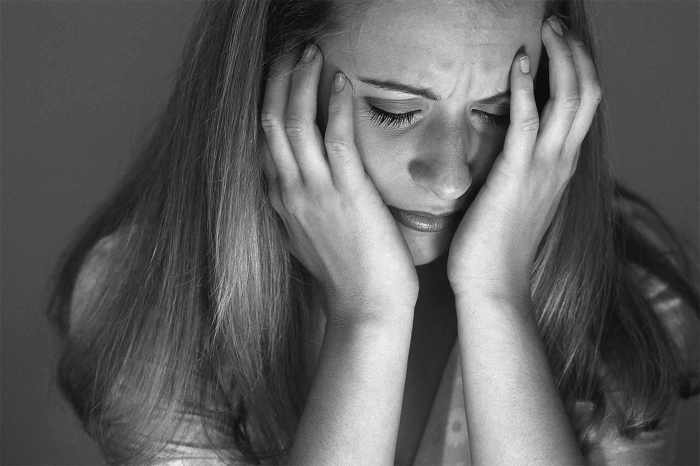Women who were bullied in their childhood are more likely to struggle with emotional damage, greater levels of depression, anxiety and post-traumatic stress disorder (PTSD) than their male peers, according to a study.
The study, published by the journal Social Psychology of Education mentions that childhood bullying inflicts the same long-term psychological trauma on girls as severe physical or sexual abuse and may linger for years, negatively affecting victims' mental health and wellbeing into young adulthood.
For the study, the researchers involved 480 college student participants and surveyed about their exposure to a variety of traumatic experiences -- including bullying, cyberbullying and crimes such as robbery, sexual assault, and domestic and community violence -- from birth till the age of 17.
Students also reported on their psychological functioning and symptoms of depression, anxiety and post-traumatic stress disorder.
Experiencing bullying was the strongest predicator of PTSD symptoms among the college students, surpassing other types of trauma such as exposure to community violence or being abused or neglected by adults.
"Bullying victimisation significantly predicated students' current levels of depression and anxiety -- over and above other childhood victimisation experiences. This research suggested that college students' psychological distress may be connected in part to their perceptions of past childhood bullying victimization experiences," said Dorothy Espelage, researcher at the University of Illinois.
Students who experienced one interpersonal trauma were at the greatest risk of being victimised in other ways and of developing PTSD, the study indicated.
Connecting students with interventions that help them develop protective social support networks may be the best way to help them cope with the emotional aftermath of bullying and other traumatic experiences, the researchers suggested.
























